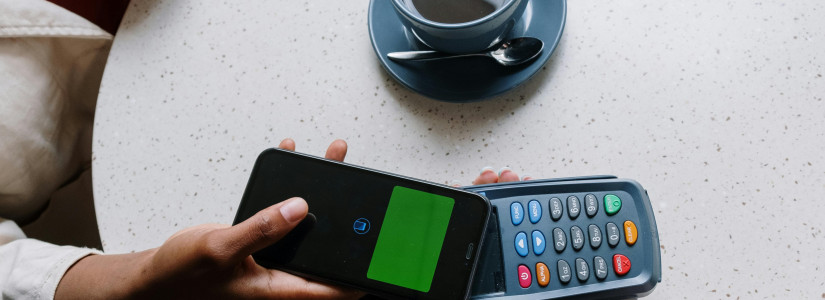Harnessing the Sun: How Solar Can Bring Relief to Your Utility Bills
In the search for ways to alleviate the burden of hefty utility bills, many people have turned their gaze upwards, towards the sun.
Solar energy isn't just for the tech-savvy or the wealthy; it's a solution for anyone looking to save money, especially those on a tight budget.
Here's a look at how tapping into solar energy can make a significant difference in your monthly expenses.
1. Immediate Monthly Savings
Once your solar panels are up and running, you'll notice an immediate drop in your electricity bills. Unlike traditional utility costs, which are unpredictable and prone to annual hikes, solar energy can offer consistency, allowing you to budget more effectively.
2. Solar Incentives and Tax Credits
Many regions offer solar incentives, rebates, and tax credits to encourage residents to switch to green energy. For example, the federal solar tax credit allows you to deduct a percentage of the cost of installing a solar energy system from your federal taxes. This means you can recoup a significant portion of your initial investment just by going solar.
3. Low Maintenance Costs
Solar panels, once installed, require minimal maintenance. Apart from occasional cleaning and regular inspections, there are no recurrent expenses. This means that after the initial investment, your costs are minimal compared to other forms of electricity generation.
4. Energy Independence
By harnessing solar power, you're reducing your dependence on utility companies. In times of economic downturns or utility price surges, your solar panels can be a buffer, ensuring that you have a steady power supply without unexpected price hikes.
5. Net Metering: Earn from Excess Energy
Many states have net metering policies, allowing you to earn credits for the excess energy your solar panels produce. This means that if your solar system produces more electricity than you use, that excess can be sent back to the grid, reducing your future bills or even earning you money.
6. Long-term Savings
Solar panels have a life expectancy of 25-30 years. Think about the cumulative savings on your utility bills over such an extended period. Even if you consider the initial investment, the long-term savings are substantial.
7. Solar is Becoming More Affordable
The cost of installing solar panels has plummeted in the last decade. Plus, with a range of financing options available, even those with limited funds can find a plan that fits their budget. Some companies even offer lease-to-own models, where you can rent the system and eventually own it. More information on the decreasing costs can be found at the Solar Energy Industries Association's website.
In Conclusion
For many lower-income households, every penny counts. Solar energy, while having an upfront cost, can be an investment that pays off month after month, year after year. When you factor in the rising costs of traditional electricity and the unpredictable nature of utility companies, the stability and savings offered by solar become even more appealing.
If you've been feeling the pinch from your monthly utility bills, it might be time to consider looking to the skies. The sun, with its abundant and free energy, might just be the solution you've been searching for.












